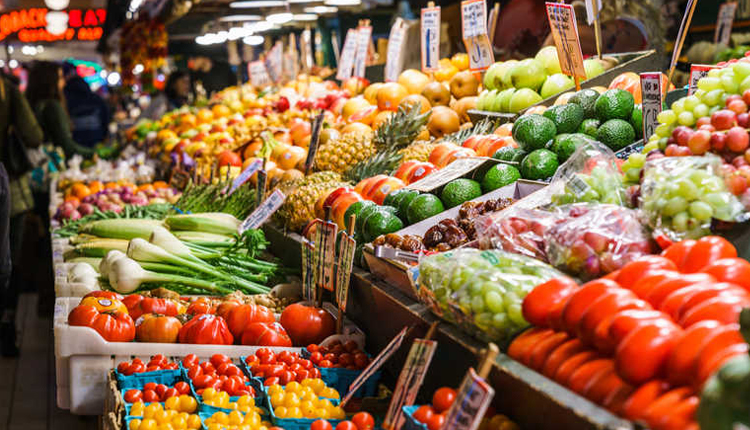The coronavirus outbreak could affect food security as the global pandemic disrupts labor availability and the supply chain, the Food and Agriculture Organization of the United Nations (FAO) said.
“We risk a looming food crisis unless measures are taken fast to protect the most vulnerable, keep global food supply chains alive and mitigate the pandemic’s impacts across the food system,” according to a post on its website.
The FAO said disruptions can be expected in April and May.
Restrictions on movements and “basic aversion behaviour” by workers could impede farming, said the FAO. Food processors, who handle the vast majority of agricultural products, could also be prevented from processing the farm products.
“We are already seeing, however, challenges in terms of the logistics involving the movement of food (not being able to move food from point A to point B), and the pandemic’s impact on livestock sector due to reduced access to animal feed and slaughterhouses’ diminished capacity (due to logistical constraints and labour shortages) similar to what happened in China,” said the FAO.
As of now, disruptions are minimal as food supplies have been adequate.
But price spikes are more likely for higher value products like meat and perishable commodities rather than for major staples which are still in adequate supply, said the FAO.
Among the major crop producing countries that have implemented export restrictions are Vietnam, which has curbed rice exports and Russia, which has halted processed grain exports. Kazakhstan has also suspended exports of wheat flour, buckwheat, sugar, sunflower oil, and some vegetables
Such moves could lead to an acceleration of food price inflation during a time when consumers are concerned about lockdowns and have created their own stockpiles at home, said Fitch Solutions.
Countries most exposed to a rise in food price inflation include those with elevated imports as a share of domestic food supply, such as the Middle East, China, Japan and South Korea, said Fitch Solutions.


